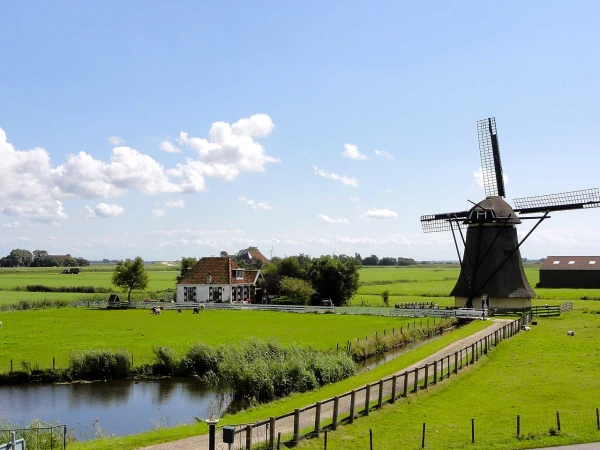
The prospect of the far-right in the government remains unclear.
The Electoral Council of the Netherlands is expected to officially confirm the results, but this will happen at the end of next week.
The center-left party "Democrats 66" and the far-right Freedom Party will each receive 26 seats out of 150 in the House of Representatives following the parliamentary elections in the Netherlands. This forecast was published by the ANP agency after counting 98% of the votes.
This means that neither party achieves an absolute majority. According to the Dutch system, to form a government, parties need to create a coalition of at least 76 seats.
The Electoral Council of the Netherlands is expected to officially confirm the results, but this will happen at the end of next week.
According to the latest data, the voter turnout was 78.4%, slightly higher than in the 2023 elections.
The center-left party "Democrats 66" led by Rob Jetten has nearly tripled its result. In the previous 2023 elections, the far-right Freedom Party of Geert Wilders achieved a convincing victory, winning 37 seats, followed by the "Green Left - Labour Party" and the conservative People's Party for Freedom and Democracy, which received 25 and 20 seats respectively.
This time, it is projected that the People's Party for Freedom and Democracy will receive 23 seats, while the "Green Left - Labour Party" will receive 20 seats.
The Christian Democratic Appeal party led by Henri Bontenbal, a popular candidate for the position of prime minister, may receive 19 seats.
The leader of the Freedom Party, Geert Wilders, once again ran an active campaign to limit illegal immigration, which led to his victory in 2023.
The previous coalition collapsed precisely because other parties did not support the far-right's tough anti-immigration proposals, leading to the announcement of snap elections.
Other smaller far-right parties also achieved significant success: JA21 may receive not one, but nine seats, while the Forum for Democracy will receive six seats instead of three.
However, the prospect of the far-right's role in the government remains unclear.
Earlier, "Democrats 66", "Green Left - Labour Party", Christian Democratic Appeal, and the People's Party for Freedom and Democracy excluded the possibility of cooperation with the far-right, stating that the decision to break the coalition underscores that Geert Wilders is an unreliable partner.
The far-right leader, in turn, accuses other parties of obstructing his plans.

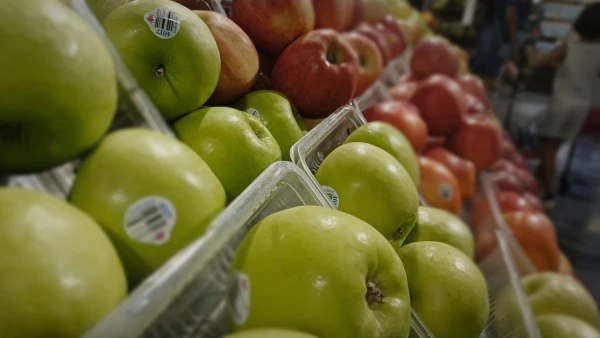
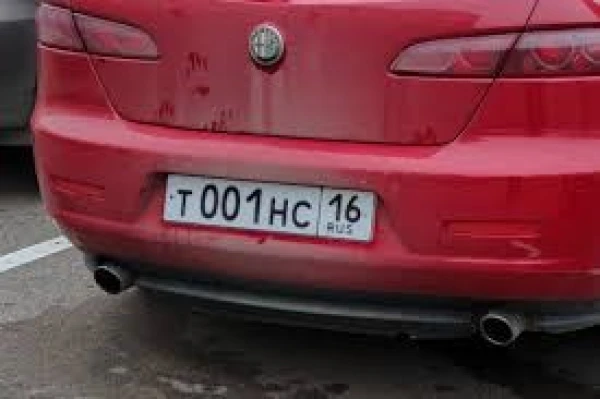

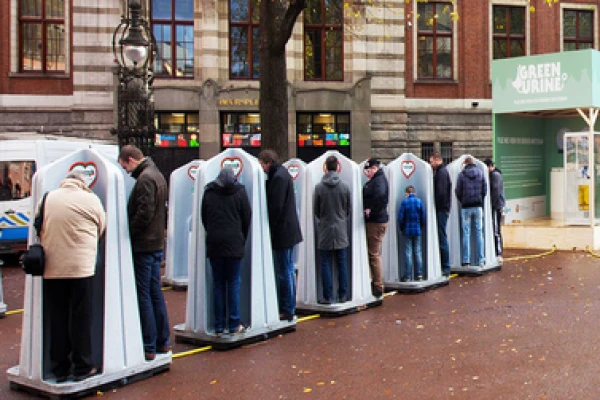
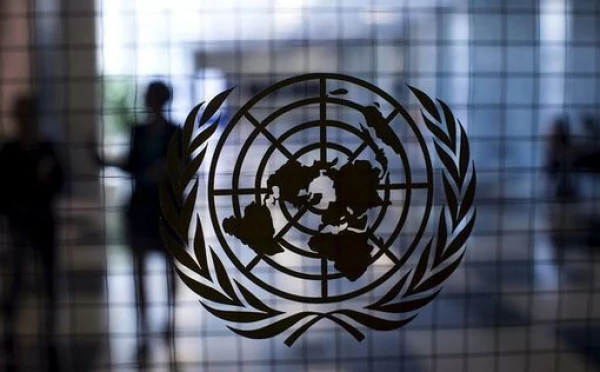
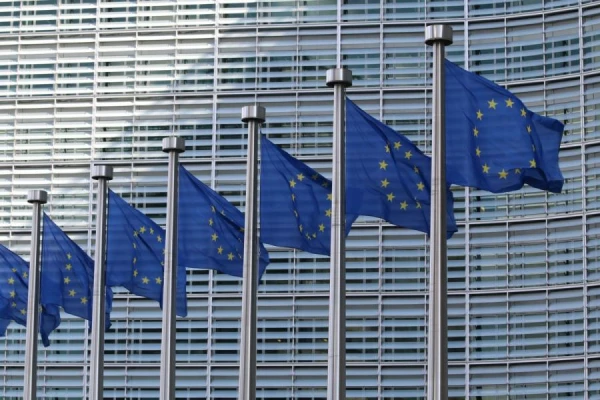
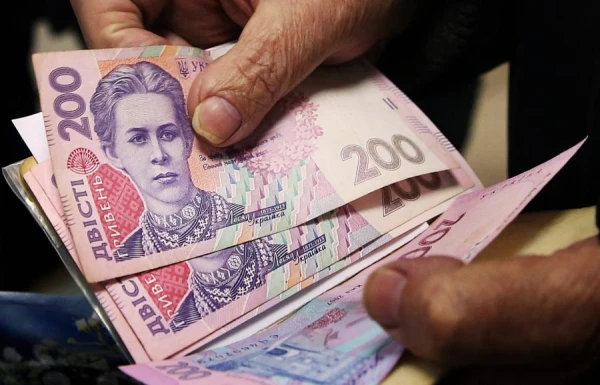
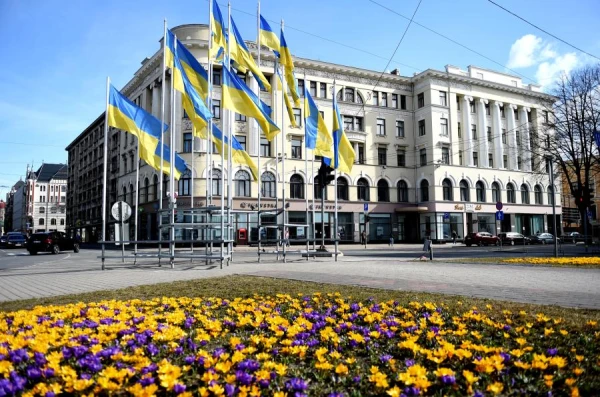

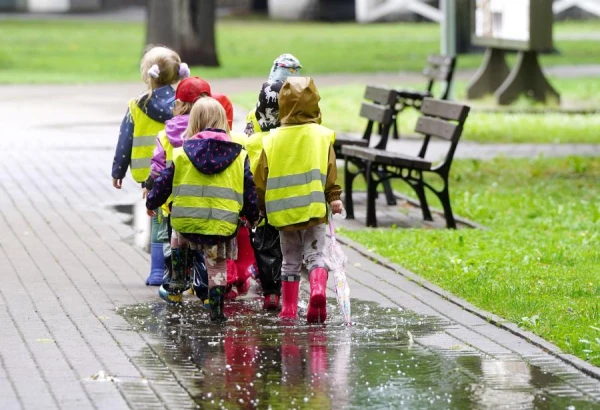
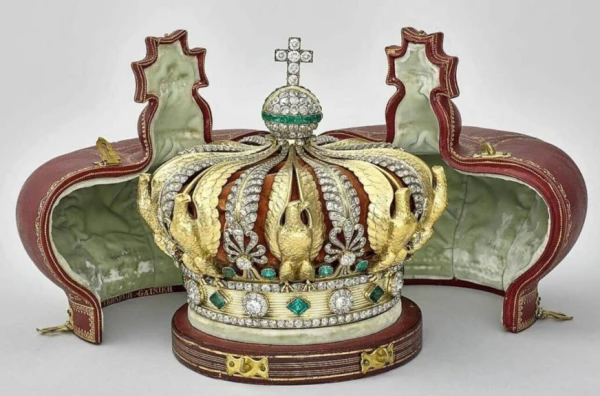

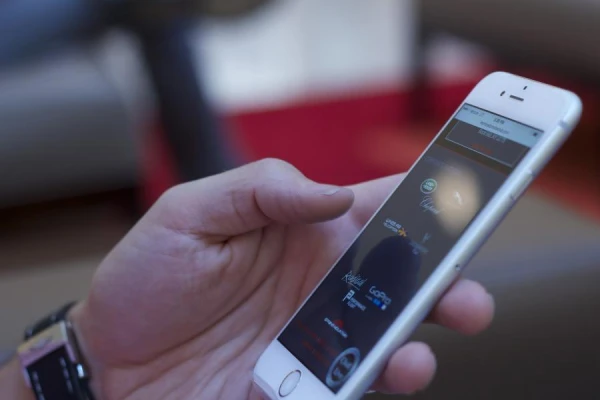
Leave a comment